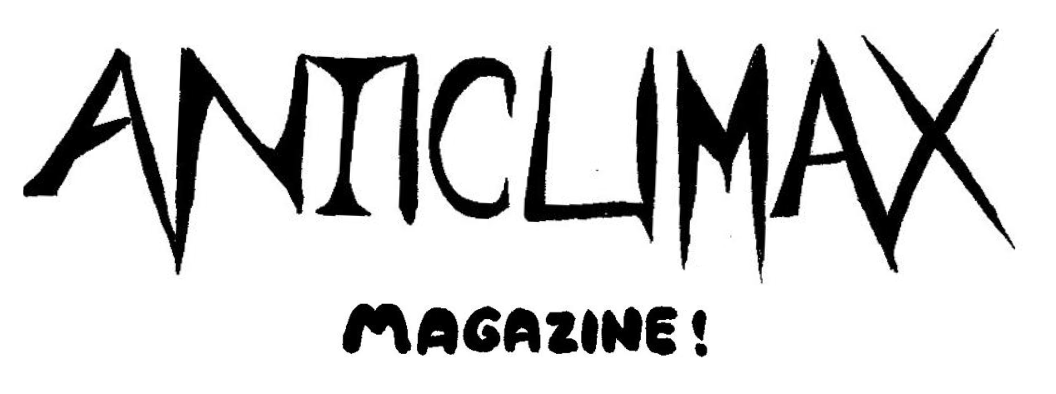
ABOUT & GUIDELINES
We've seen so many magazines become plagued by the opinion-piece tradition of news-media. We've read so many articles indulging discourse on popular garbage, apocalyptic possibilities, and controversy for the sake of controversy. Not only does it make our brains seize to witness the preaching of binary opinions, the prevalence of popular buzz words, and the inevitable political analysis of everyday life, but these topics are predictable, overdone, uncreative, and algorithmic.
We’re not just talking about topics that disagree with our beliefs. We believe that mainstream culture and the subculture that subverts it are equally conformist. Whether your thing is Catholicism or Socialism, these isms are packages of rules that play good-cop-bad-cop to limit us psychologically and creatively.
For our magazine, we want you to think outside the rules of the tribe. Don’t even address the tribe, please. The theme for our first issue is "Exercises in Originality and Independence From Culture." There are two approaches you can take with your submission…
Option A: You can have opinions, but if you would like to create a change in the reader, your point of view should not be identifiable and obvious. People rarely change their beliefs when they’re told to –this only preaches to the choir and hardens polarization. Find a way to "trojan horse" your idea into the reader if you want to be effective. Be subtle by employing a creative method, like having characters speak for you, writing a fairytale, baiting your target ideology but laying traps in the writing, exemplifying/embodying the “right/new” without reference to the “wrong/old”, sharing a meaningful experience without sharing the meaning (because our experiences are the vessel for self-learning, not the resultant beliefs). These are just a few ideas. Coming up with an innovative, strategic format to contain your intended change is the creative exercise we’re proposing. Keep your views well disguised.
It will be helpful to toss aside the spelled-out clarity required for academic essays. The reader should not be aware of the transformation happening to them. After reading the first five sentences, the reader should not be able to fill in the blanks of what ideology you represent or flip past something they disagree with. As far as they know, there should be nothing overt to agree or disagree with. The last thing we want is obviousness and psychological resistance.
SHOW, DON’T TELL.
Option B: You might also choose not to express any opinions. We welcome this! Please contribute any apolitical humor, silliness, random stories, something new you learned, descriptions of people or places, fieldwork journalism, interesting aesthetics, fantasy worlds, love letters, dream journals, interviews, etc. We recognize that many aspects of everyday life don’t need to be experienced from a cultural & political lens. Let’s take a break from the analysis of everything and have some fun.
===<<<<<<>>>>>>===
Anticlimax seeks to counteract the current pro-culture programming of art and journalism by including material that’s original and is not loyal to a group identity other than our shared humanness and universal consciousness. Free from overt opinion messaging, ideological conformity, and tired empty language, we chart the vast open space leftover.
Dos:
radical joy, contradicting yourself, reporting on information, creative formats, primary research, positivity & funniness, the mundane, absurdity and surrealism, posthumanism, symbolic messaging, embodied beliefs
Don'ts:
popular negativity, political discourse, preaching, serious essaying/critiques, ideological binaries, moral judgement, cultural references (no current events, celebrities/"big names"), obvious messaging, overdone topics, AI